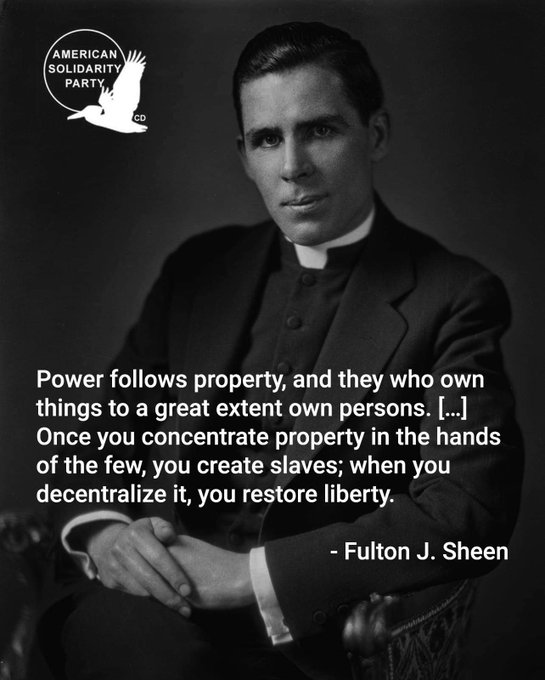
Apple doesn't want you to be able to repair your iPhone.
This is a good example of how corporations often look to increase their profit in ways that don't actually create value for consumers, and lobby governments to help them do it.
This is a good example of how corporations often look to increase their profit in ways that don't actually create value for consumers, and lobby governments to help them do it.
https://twitter.com/The_Maintainers/status/1080936076544565248
Aside from costing consumers' extra money, this kind of drive toward endless sale of new products is tremendously wasteful and environmentally costly.
One particularly crazy example: Clothing manufacturers literally shred or burn billions of dollars worth of clothes every year in order to prop up the prices for "fast fashion" lines they churn out every season.
vox.com/the-goods/2018…
vox.com/the-goods/2018…
Say it with us: 👏the ability to turn a profit and creating social value are not the same thing!👏
...which is not, by the way, the same as saying that companies competing in the market place don't create socially valuable things. Of course they do.
But to stay sane, the market needs human and ethical values that it can't produce for itself.
But to stay sane, the market needs human and ethical values that it can't produce for itself.
• • •
Missing some Tweet in this thread? You can try to
force a refresh





